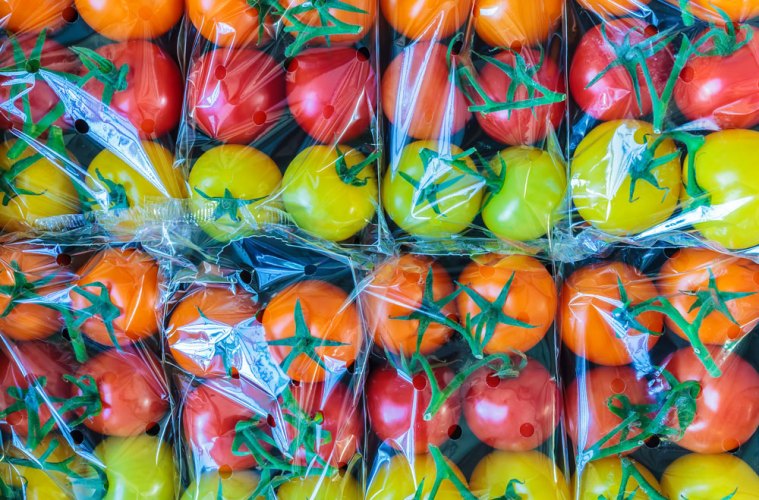Some forms of packaging, especially for meat, are better for the environment than no packaging at all, says The Economist.
An article in the Economist, a leading UK news magazine known for careful research and analysis, says that food waste is a bigger problem than packaging. According to the UN, one-third of all food produced for human consumption is lost or wasted globally. The losses represent a waste of resources – such as land, water, energy and other inputs – and the generation of carbon emissions for no gain.
This points to the usefulness of effective food packaging, especially when it comes to extending the life of meat. Production of meat, particularly beef and lamb, is costly. And more land is given over to grazing animals than for any other single purpose. So using adequate packaging to ensure meat products are eaten, rather than thrown away, is a vital element in a successful pasture-to-plate chain.
Resources that prevent food waste are resources well spent
Producing packaging requires resources, however, the carbon impact of creating packaging is less than the carbon impact of food waste. According to estimates, for every tonne of packaging, the equivalent of between one and two tonnes of carbon dioxide is released. For every tonne of food wasted, the equivalent of over three tonnes of carbon dioxide is emitted.
While food retailers are rightly concerned about the amount of packaging they use, they have to focus on extending shelf life to prevent food waste. And forward-thinking supermarkets have recognised that using recycled and recyclable plastics for packaging is the most responsible answer. Modern plastics, such as RPET (recycled PET), can be recycled over and over again, preventing new (virgin) plastics from entering the system.
Read a Consumer story about supermarkets’ use of RPET.

